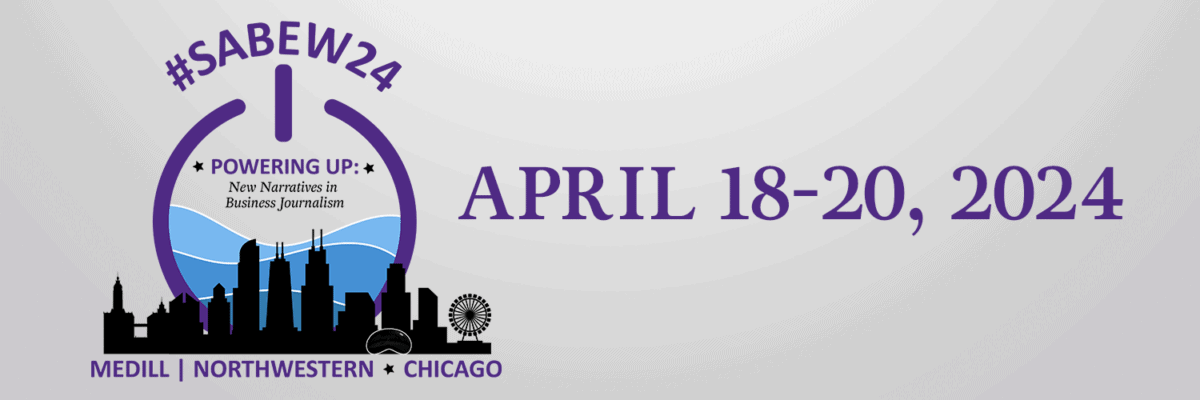By Henley Tullos
College is the first time most students have the chance to live away from their parents, which comes with the responsibility of paying bills, buying groceries and budgeting.
“I try my best to budget for groceries and utilities. I don’t make impulsive purchases because my priority is purchasing my needs rather than my wants,” said Abby Feltner, a student at the University of Georgia.
Feltner said her parents send a monthly allowance to cover rent, groceries and utilities. After paying the bills, her budget has little to spare.
“It’s definitely hard not indulging in buying clothes or things like that because I am constantly saving for bills and food,” said Feltner.
Feltner discussed the challenge of spending money only where it needs to go, but admitted that she often finds herself trying to overcome bad spending habits of impulsive purchases.
Matt Goren, who teaches personal finance at the University of Georgia, gave insight into his top ways to overcome these bad spending habits.
“One way is to have someone you’re accountable to, and that could be your parents or another friend of yours that also has the desire to cut spending,” said Goren.
Goren compared this mentality to getting fit or losing weight at the gym.
“It’s one thing to have willpower to go to the gym on your own, and it’s another to feel like you’re letting someone else down,” said Goren.
Goren discussed the importance of removing the temptation to spend money on unnecessary things.
“If you find yourself buying clothing that you don’t need downtown, it’s a lot easier to not buy stuff when you’re not physically there,” said Goren. “We don’t have a lot of willpower, so just avoid it [downtown] entirely.”
Using a budgeting app may be helpful for managing money each month, according to Goren.
“A budgeting app works in part because it puts the real dollar amount on money,” said Goren. “It’s one thing to say ‘I spent more than I wanted to’ or ‘I spent a lot,’ and it’s another thing to say ‘I spent $381.’”
According to Goren, seeing the dollar amounts you spend means a lot more because you are able to identify how much of your money you have left over.
Additionally, Goren suggested finding the heart of the spending problem.
“A lot of times, people impulsively shop as a symptom of something else,” said Goren.
Accumulating material items feels good for some people, according to Goren. He discussed the importance of understanding why it feels good to spend money so that you can stop.
Goren’s final suggestion was to carry cash instead of a debit or credit card.
“You could carry cash so you only have so much cash at any given time,” said Goren. “Then, any given day you only have $20 cash with you physically so you can’t buy more than that can get you.”
Goren offered other suggestions such as keeping money separated in envelopes, living in houses with cheaper rent, and working a job during the school year to earn income.
Henley Tullos is a student at the University of Georgia.






